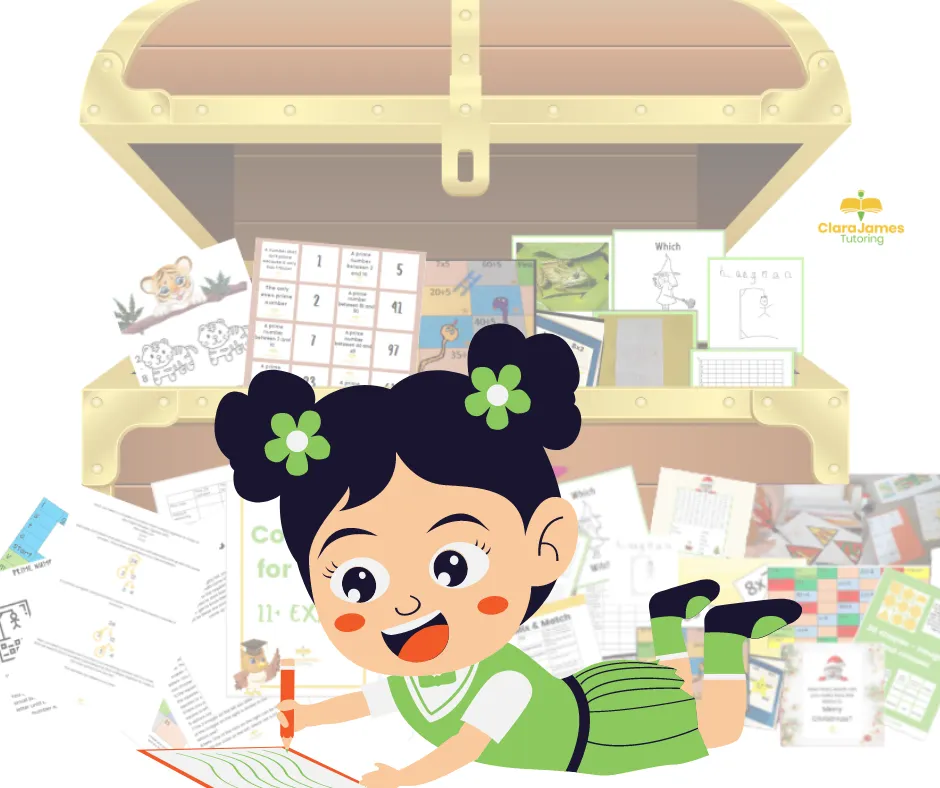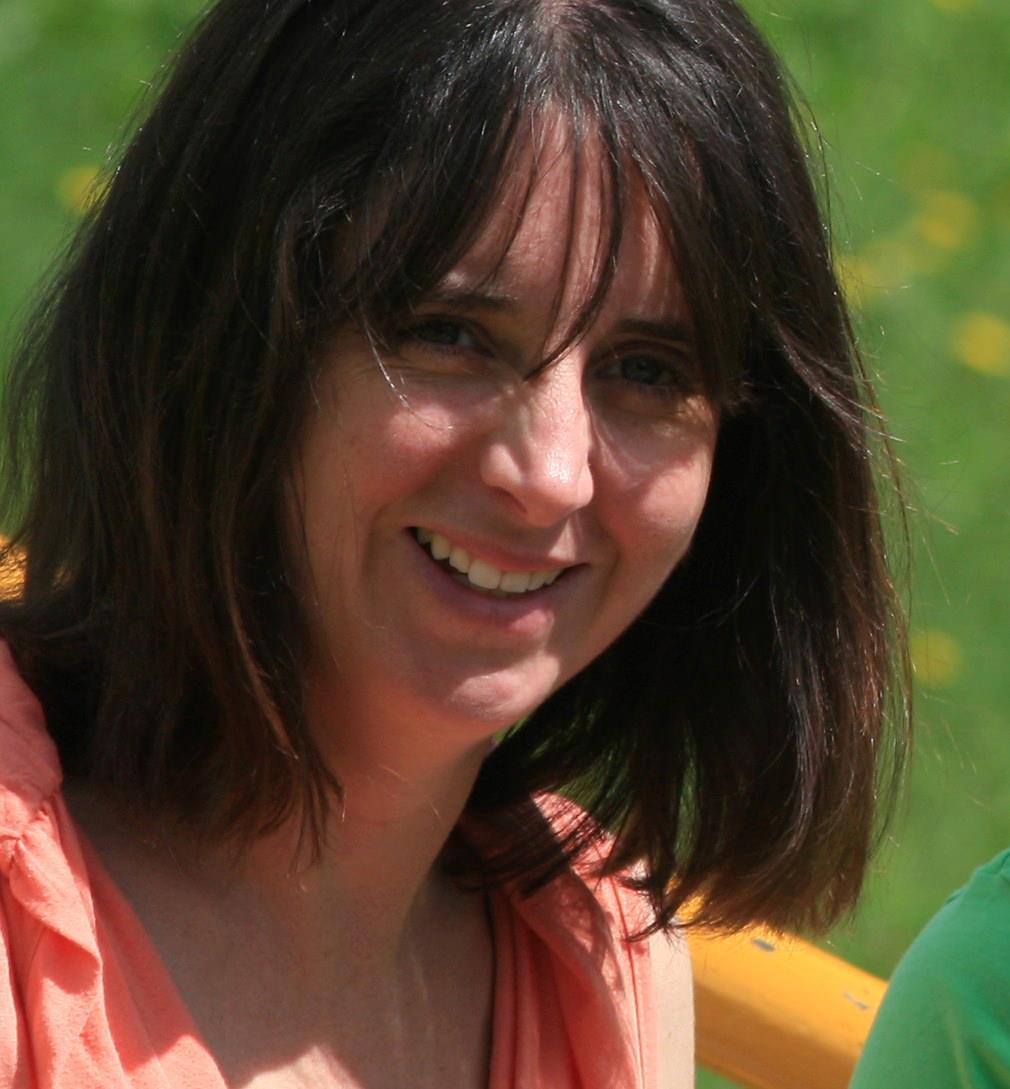
How do we learn?
How do we learn?
Everything we do in life is stored somewhere in our brain as a memory. Somethings will be of greater significance to us and our brain will make it easily obtainable, other things will be of less relevance and stored away in our memory bank until we need to recall it.
If we just experience something fleetingly or in a way that isn’t meaningful to us, the brain will do a better job of storing it away in a less obtainable place in our brain.
It’s then quite hard then to recall the information when required.

The next factor to consider is that everyone learns differently. Some people remember things better when they have listened to it; a lecture, radio programme, verbal conversation, others when they have seen it as; a poster, book, television programme, email, text, letter. Others when they have physically participated in it, trying it out and getting actively involved.
For most people although they may have one dominant style, a combination of more than one method will be the most helpful.
The more times we do something the stronger the memories that we are creating.
If we do something in a variety of styles, we will also be creating a variety of memories. Therefore, when we need to recall this information, the brain will have more places to draw it from and you are more likely to remember it, hence the importance of learning through more than just one method.
I also believe that if we are relaxed and enjoying ourselves, we are in a better state of mind to learn.
If we are stressed or concerned, we are less susceptible to taking in new information.
This is why I am such a keen advocate of learning through enjoyable means such as a variety of games rather than a reliance of worksheets and traditional rote activities.
I feel no shame of reiterating this point time and time again.
I think with learning times tables this is something that many parents of my age group struggle with. We were perhaps taught to learn them by chanting them by rote. This is neither varied (and I would possibly suggest) nor enjoyable?
If you would like some creative suggestions of supporting your child with their times tables or learning in general, please do check out my other posts. Or if you are supporting a primary school aged child, you might like to check out the Clara James Approach.

Our goal at Clara James is to make learning fun and accessible to everyone. If children are engaged in what they are doing they are more likely to want to participate, if they are enjoying it, they are more likely to relax and retain the information.
If they are retaining the information it will help boost their knowledge and with knowledge comes confidence.
If you have a child who enjoys learning through games and being more creative, and you enjoy spending time with them, you might be interested in the Clara James Approach, the membership group we have put together to support you in supporting your primary school aged child with their maths and English.
Interested?
Click here to learn more: The Clara James Approach
